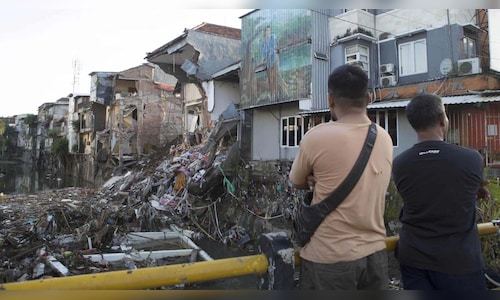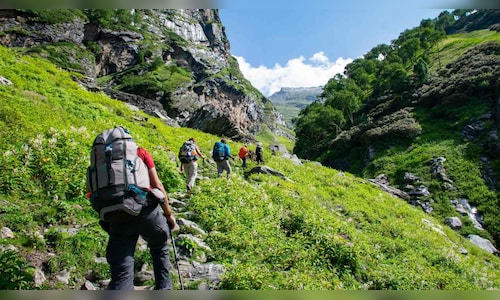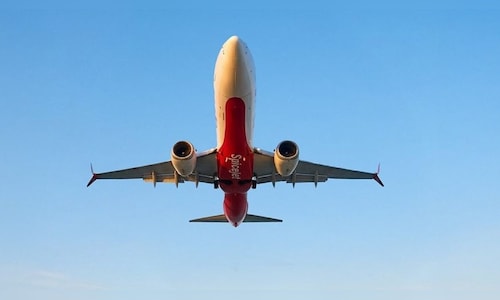Calling for a comprehensive recovery plan following the floods, which displaced over five hundred people, Maharani highlighted the need for urgent action to restore the island’s infrastructure and tourism appeal. In response, the Indonesian government has committed to rebuilding efforts that focus on supporting affected communities, local businesses, and tourism infrastructure, ensuring the island remains a premier global destination for years to come.
“The government must act immediately to secure the basic needs of residents,” Maharani said in a statement. The tourism sector in Bali now seems to be set for a major recovery following the devastating floods as it is one of Indonesia’s most popular tourism hubs, the recovery plan aims to mitigate the impacts of the floods while ensuring the island’s tourism landscape is more resilient and sustainable in the future. The government’s focus on rebuilding not just physical infrastructure but the local economy is central to ensuring that Bali remains a top destination for leisure and business travellers.
Also read | Taman Safari Indonesia unveils Marine Safari Bali with focus on Indian travellers
Tourism recovery plan
The floods caused widespread disruption in regions like Denpasar, Gianyar, Badung, and Klungkung, which are crucial destinations for Bali’s tourism industry. The floods displaced businesses such as market vendors, farmers, and small businesses and the recovery plan includes providing financial support to these communities and help them regain stability.
Rebuilding the island’s tourism infrastructure is a priority, with special attention being given to roads, hotels, and tourist facilities that are essential for visitors. This is crucial for maintaining the high standards expected by global tourists who visit Bali for its beaches, cultural heritage, and vibrant nightlife.
Meanwhile, the Indonesian government emphasised the importance of long-term mitigation efforts to prevent future natural disasters affecting Bali’s tourism. These measures include conducting spatial planning audits, improving river basin management, and investing in reforestation of upstream areas. Moreover, the development of stronger urban drainage systems is a critical step toward preventing flooding and maintaining tourism infrastructure in destinations popular among tourists.
Bali’s tourism sector will benefit from these changes, as tourists will be able to enjoy a safer and more sustainable travel experience. Sustainable tourism practices are becoming more important to travellers, and Bali’s commitment to preserving its natural beauty while promoting eco-friendly travel options will attract visitors who prioritise responsible tourism.
Also read | Paradise-like beaches in Indonesia sit empty as country bets on tourism in Bali
Nonetheless, the government’s immediate response is focusing on providing emergency aid to flood-affected communities, including food, clean water, and medical supplies. Ensuring the well-being of locals and tourists during this recovery phase is crucial, as it will help restore confidence in Bali as a safe and welcoming destination. Authorities are working closely with local tourism operators, ensuring that communication remains clear and that all affected areas receive necessary support to continue operations.
Finally, the recovery plan for Bali highlights the government’s approach to making the island resilient, both in terms of its infrastructure and tourism services. By focusing on sustainable tourism, Bali will continue to attract visitors from around the world, who are looking for a destination that blends natural beauty, rich culture, and responsible travel practices.






